The Biology Department resides in the Biosciences Complex on the Queen's University campus. This facility also houses the School of Environmental Studies, as well as faculty from Chemistry, Geology and Geography, three Chemical engineering labs, and the Paleoecological Environmental Assessment and Research Laboratory (PEARL), a world-class facility for studying long-term environmental and ecological change. The Biosciences Complex at Queen’s University provides faculty, researchers and students with the tools of modern science—sophisticated equipment, high-tech laboratories, and the latest in teaching and learning facilities.
Queen's University Phytotron
Built in 1997, the Queen's University Phytotron includes 6 climate-controlled greenhouse compartments (zones), 29 environmental growth chambers, a prep room and a lab. Environmental control systems enable users to maintain precise conditions for plant research and other biological applications.
Biology HTS-Core Facility
The Queen's Biology HTS-core Facility is a key component of ecology and evolution research and training at Queen's University.
Microscope Facility
The Department of Biology is equipped with several state-of-the-art imaging microscopes including the Carl Zeiss LSM 710 NLO Laser Scanning Confocal/Multiphoton Microscope. The confocal microscope was obtained through a CFI-LOF.
Bioscience Complex
The Biology Department resides in the Biosciences Complex on the Queen's University campus. This facility also houses the School of Environmental Studies, as well as faculty from Chemistry, Geology and Geography, and three Chemical engineering labs.
Queen's University Biological Station
The Queen's University Biological Station (QUBS) is one of the premier scientific field stations in Canada.
